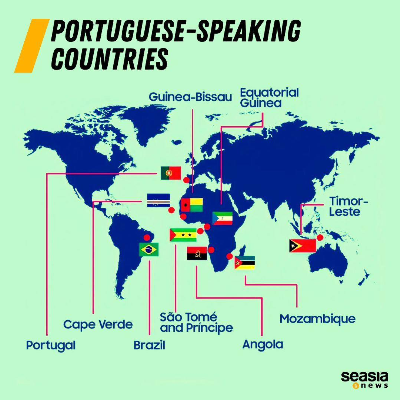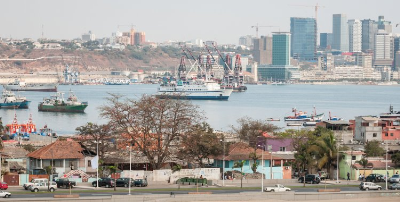
©
Ця ініціатива, започаткована у 1992 році, покликана зберегти унікальні документи людства від забуття та руйнування, сприяючи глибшому розумінню історичних процесів. Серед нововизнаних об’єктів — два документи з Бразилії: архів лікаря Карлоса Шагаса, який відкрив однойменну хворобу, та етноісторична карта Курта Німуендаю, що охоплює інформацію про понад 1400 корінних народів регіону. В Кабо-Верде було відзначено архіви, що стосуються рабства в період 1842–1869 років, які стали одним із найбільш запитуваних джерел серед дослідників історії колоніалізму. А спільна ініціатива Анголи, Мозамбіку та Кабо-Верде — документи про перепис рабів за указом Португальської корони 1854 року — проливає світло на останній період рабства до його офіційної заборони у 1869 році. ЮНЕСКО підкреслила унікальність цих джерел: вони містять імена, вік, походження, фізичні характеристики та дані про власників рабів. За словами організації, ці документи не лише відновлюють пам’ять про пригноблених, а й виступають засобом глибшої історичної рефлексії у контексті прав людини.
Documents from four Portuguese-speaking countries - Angola, Brazil, Cape Verde and Mozambique - are included in UNESCO's Memory of the World program
Four Portuguese-speaking countries — Angola, Brazil, Cape Verde, and Mozambique — have earned global recognition after their historical documents were included in UNESCO’s prestigious Memory of the World programme. Established in 1992, the initiative aims to preserve humanity’s documentary heritage and protect it from deterioration, loss, or erasure. Among the newly inscribed items are two Brazilian contributions: the archive of physician Carlos Chagas, known for his discovery of Chagas disease, and the Ethno-Historical Map by Curt Nimuendaju, documenting over 1,400 Indigenous groups across Brazil and neighbouring regions. In Cape Verde, handwritten records detailing slavery between 1842 and 1869 were highlighted as one of the most sought-after collections for scholars of colonial history. A joint submission from Angola, Mozambique, and Cape Verde — slave census books mandated by the Portuguese Crown in 1854 — provides insight into the lives of enslaved individuals just prior to the abolition of slavery in 1869.UNESCO emphasised the value of these records, which contain detailed entries such as names, birthplaces, physical traits, occupations, and owners. According to the organisation, these documents not only revive the memory of those silenced by history but also encourage deeper reflection on human rights and justice.

©
1449